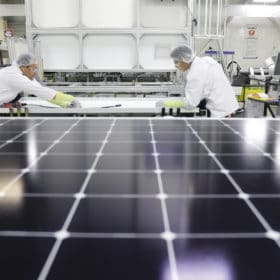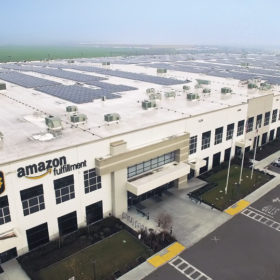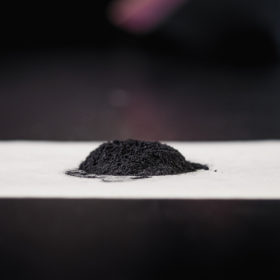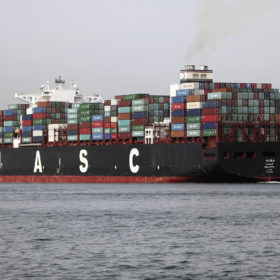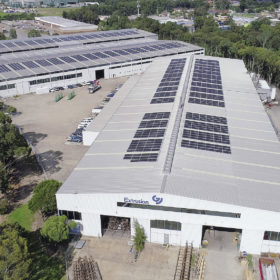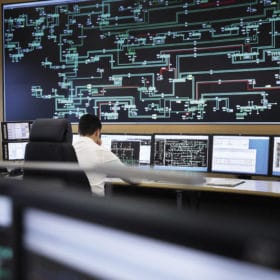Rethinking degradation
PV module making is a brutally competitive industry. And for Slovenian module maker Bisol, in business since 2004, one of the keys to success has been to remain focused on the value its products deliver to the customer. And as company founder and CEO Uroš Merc explains, in 2021 this means reimagining module degradation.
SEIA seeks supply chain transparency
As ethical concerns around the solar supply chain grow, the U.S.-based Solar Energy Industries Association (SEIA) has a new tool for improving transparency, backed by a traceability protocol. In late April, SEIA released the protocol, which it said would improve supply chain transparency and help ensure that solar components headed for U.S. projects are “made ethically throughout the solar value chain.” pv magazine USA’s David Wagman takes a closer look.
Corporates’ critical solar role
Despite the global pandemic and recession, corporate purchases of clean energy are booming. Several factors are driving this trend, including falling costs, heightened appetite for sustainability among consumers and investors, and increased political will for net-zero development. In recognition of this, the UP Initiative will spend the third quarter investigating sustainable electricity supply. How are PPA models evolving? What are the critical issues around residual energy? And how can greenwashing be avoided? pv magazine investigates.
pv magazine test: March 2021 results
We are pleased to present the next batch of energy yield results from the test field in Xi’an, China. In this issue, we look at the March 2021 results, alongside additional analysis from George Touloupas, director of technology and quality at CEA.
Dial manganese for stability
Often sidelined by nickel and cobalt when it comes to batteries, the metal manganese is finding proponents in science and industry – in particular, by those attempting to avoid supply and cost issues. Ian Morse reports on the role of manganese in battery cell production.
New support for Europe’s green transition
The European Commission will propose a number of new laws this summer and fall that are set to boost investment in renewable electricity and green hydrogen, reports Andreas Walstad in Brussels.
Update: solar hydrogen in Europe
Smartenergy is driving solar hydrogen production in Portugal. Christian Pho Duc, the company’s CTO and managing director H2 projects, discusses the EU regulatory environment, costs, and his motivation to equip photovoltaic plants with electrolyzers.
Return of the sun tax
Australia’s success with widespread residential take-up of solar PV installations may be facing a stumbling block, a new proposal by the Australian Energy Market Commission (AEMC), the rule maker of the nation’s grid. And for solar veterans, the development summons the ghoul of Spain’s infamous “sun tax.”
Probes confront EU market barriers
The European Commission’s antitrust investigation into EPEX Spot has revealed barriers for the integration of renewables in wholesale power markets. Challenges appear in a range of European marketplaces, but investigations and reforms appear to be clearing barriers to entry.
Insurers derail EU decarbonization
Though the shift away from burning fossil fuels for power is essential for meeting climate coals, Czech coal plants are backed by major insurers, often with careful loopholes designed to support ongoing arrangements. Radek Kubala and Josef Patočka from Re-set explain.

